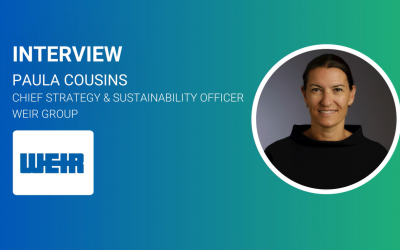EU to ban single-use plastics in wide ranging new rules
The European Commission has handed down a new directive to tackle plastic pollution at its very heart.

The European Commission has handed down a new directive to tackle plastic pollution at its very heart.
On Monday, the Commission proposed new rules, which include an outright ban on single-use plastics, such as cotton buds, cutlery, plates, straws and drink stirrers.
Member states will also be required to increase the collection plastic bottles to 90 percent by 2025; reduce the use of plastic material; raise awareness among the public, and increase labelling on certain products.
The comprehensive initiative builds on its recently announced plastics strategy to transform the bloc’s economy to become more circular.
The EU is hoping that the move to phase-out the use of plastics and other unsustainable practices can usher in a new type of economic model which prioritises reuse and recycling. This could create new jobs, efficiency savings and prevent an estimated €22 billion in environmental damage by 2030.
First Vice-President Frans Timmermans, responsible for sustainable development said: “Plastic waste is undeniably a big issue and Europeans need to act together to tackle this problem, because plastic waste ends up in our air, our soil, our oceans, and in our food.”
The new directive is also estimated to lead to a reduce in 3.4 million tonnes of carbon dioxide equivalent and save consumers €6.5 billion.
Vice-President Jyrki Katainen, responsible for jobs, growth, investment and competitiveness, added: "Single use plastics are not a smart economic or environmental choice, and today's proposals will help business and consumers to move towards sustainable alternatives. This is an opportunity for Europe to lead the way, creating products that the world will demand for decades to come, and extracting more economic value from our precious and limited resources.”
The plan will now go to the European Parliament and Council for consideration. In a plea to hasten the procedure, the Commission urged the other institutions “to treat this as a priority file, and to deliver tangible results for Europeans before the elections in May 2019.”






